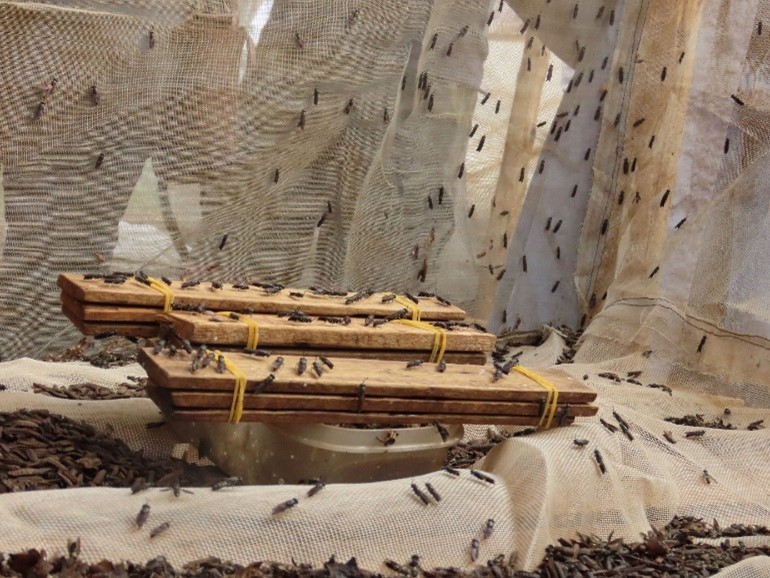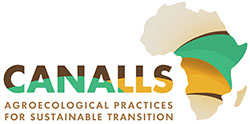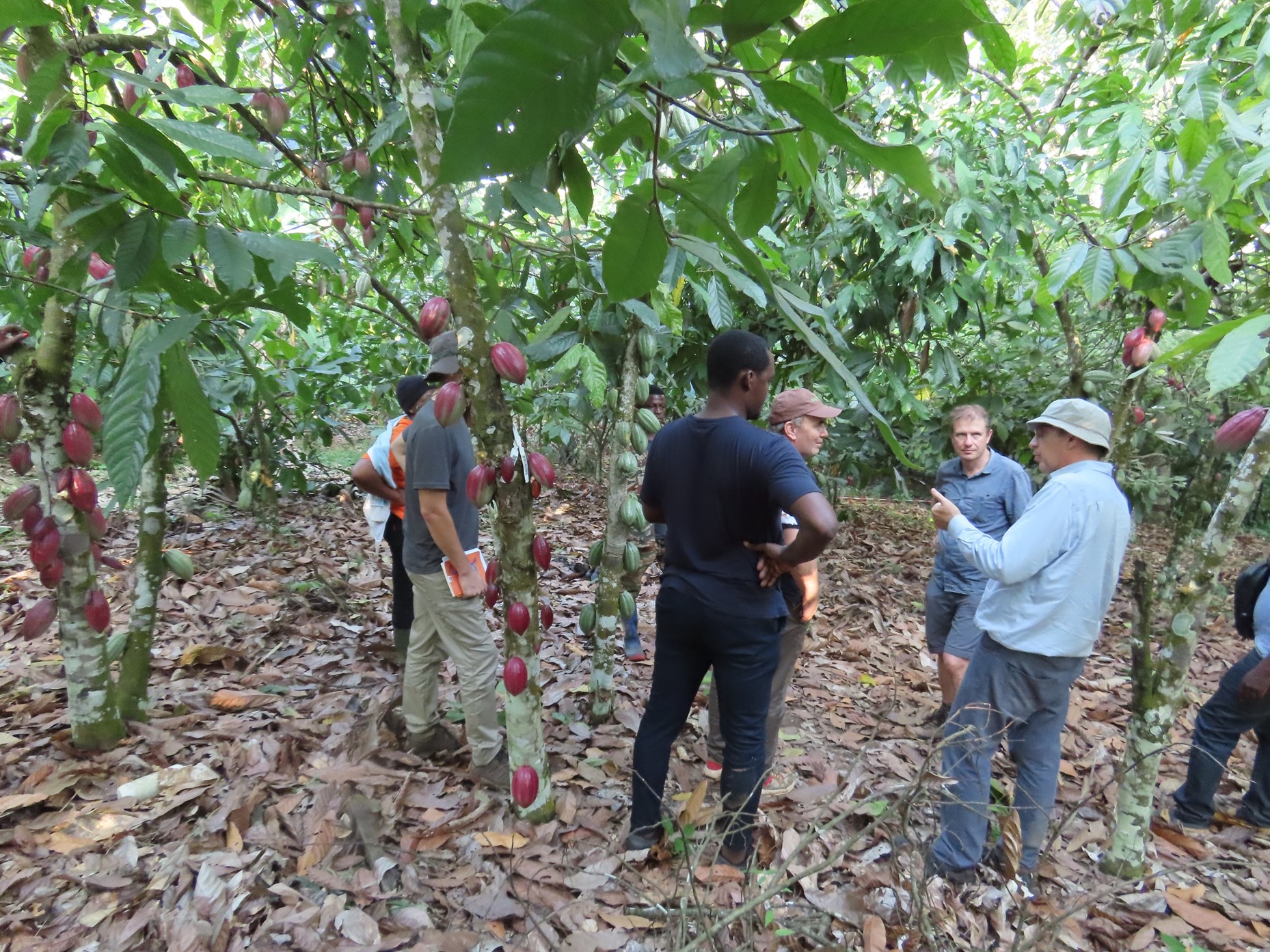The team of ETHz Prof. Johan Six and Isaac Balume joined by the CIRAD team Marc Corbeels and Diego CERUDO traveled to NTUI in Central of Cameroon to visit field sites where treatment will be applied and discuss on the entry points of the CANALLS project.
This team was joined by IITA, CIRAD and IRAD research members who are based in Cameroon. This visit started with one day discussion at the IITA office in Yaoundé, where all the stakeholders involved in the living lab of Ntui gathered to evaluate work pages (WPs) and explore the achievement of previous projects e.g. Cocosoil from which CANALLS is being built on.
During the visits to both BOKITO and NTUI, it became evident that cocoa farmers heavily rely on pesticides and fungicides to combat disease pressure. In the BOKITO region, where CIRAD plays a more active role, Dr. Jean-Michel has spearheaded the implementation of agroforestry systems, aiming to provide shade that benefits cocoa trees.
The second site to be visited was Ntui, it was possible to visualize the transition zone between the savannah and forest. Coco is grown within each zone; however, farm management remains similar in both areas. This site has hosted cocosoil project for the past four years. Implemented treatments were based on fertilization with mineral fertilizer to have the effect of ISFM on cocoa yield. As CANALLS is going to take over the site and experiment, there are of restricting treatments to fit in the CANALLS objectives. Partners will to exchange information on the Coco soil so that the restructuring of treatment can be done.
In Ntui, the center of excellence implemented by the government of Cameroon as a way of boosting Cacao production was visited to understand market driven initiative.
In Rwanda, Kamonyi ALL located at around 25km from Kigali was visited. This site was part of the RUNRES project on which CANALLS is being built and mainly deals with recycling of waste. In Kamonyi, Magot farm is doing business with Black soldiers fly larvae as a cheap source of animal feed. The University of Zurich through the RUNRESS project has been supportive of Magot by providing technical skills in Black soldiers fly larvae production. By using this technology livestock farmers can reduce by 50% the cost of protein sources in animal feed. The remaining organic waste from larvae production is applied to the soil as a rich organic amendment into the clay-sandy soil. Additionally, smart toilettes are installed for human faces and urine collection in this ALL. The focus here is to produce organic fertilizers by recycling human waste. The interesting part is that Urine is being collected separately from the faces. This allows easier further treatment of organic products.




